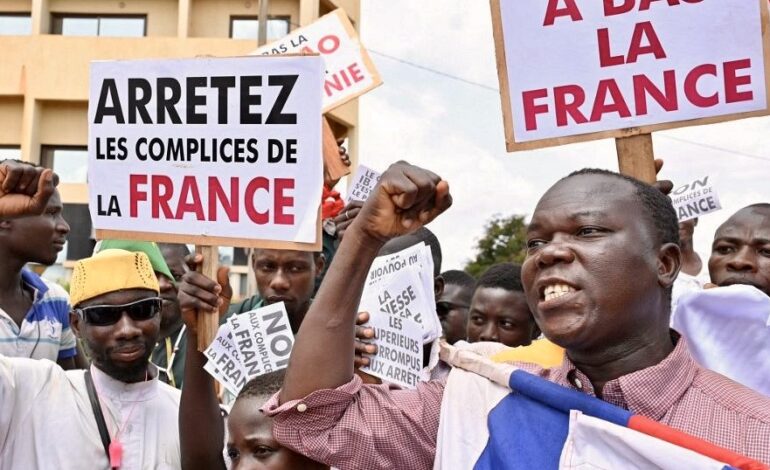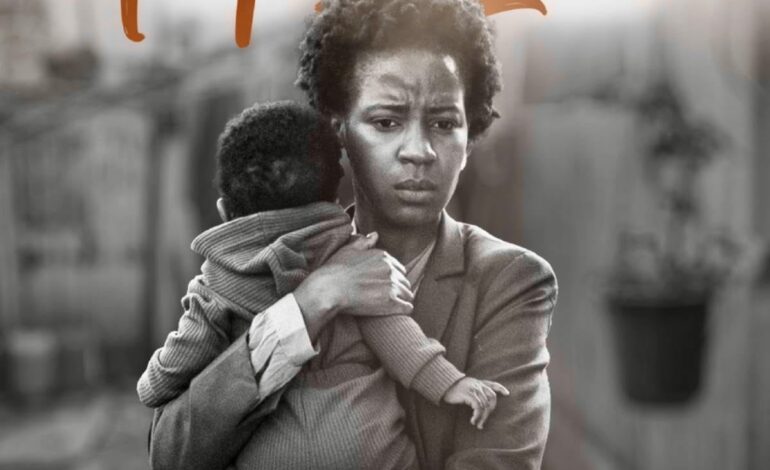
Faith Nyasuguta
This week, the Burkinabè government has taken a significant step by adopting a bill that revises the Constitution, marking a transformative shift in language policies.
The bill officially designates national languages as the country’s official languages, surpassing French, which is relegated to the status of a “working language.”
Framed within the broader mission of the transitional government to enact political, administrative, and institutional reforms, the bill aims to fortify democratic culture and uphold the rule of law.
One of the notable changes is the elevation of national languages to the status of official languages, displacing French to the role of a working language.
This echoes a similar move earlier in Mali, reflecting strained relations with France, as both countries opted for constitutional amendments through referendums.
The proposed bill, pending approval by the Transitional Legislative Assembly, introduces additional reforms, including the establishment of traditional and alternative dispute resolution mechanisms.
Simultaneously, the Constitutional Council’s responsibilities are expanded, while certain institutions, such as the High Court of Justice and the Mediator of Faso, face abolition.
A notable feature is the reinforced status of the National Intelligence Agency (ANR), now constitutionally protected. Amidst calls for a new Constitution, various demonstrations have unfolded in Burkina in recent months.
Captain Ibrahim Traoré, who assumed power in September 2022, had earlier pledged a partial modification of the Constitution, emphasizing the importance of asserting political, economic, and cultural sovereignty.
Prime Minister Apollinaire Joachimson Kyelem of Tambela emphasized the need for a new Constitution, stressing that true prosperity cannot be achieved by adhering to foreign concepts.
Burkina’s geopolitical landscape has witnessed a shift away from its historical ties with France towards closer alignment with Moscow since Captain Traoré assumed power.

Against the backdrop of Burkina facing ongoing violence by jihadist groups since 2015, claiming over 17,000 lives, these constitutional changes signal a broader transformation in the nation’s political and cultural trajectory.
In recent years, Burkina Faso’s relationship with France, its former colonial power, has experienced a noticeable decline. Burkina Faso, historically a key partner for France, has moved away from its traditional ties.
The decision to distance itself from French influence indicates Burkina’s pursuit of greater political, economic, and cultural sovereignty.
The evolving geopolitical landscape reflects Burkina’s efforts to assert its independence and establish new alliances, marking a departure from its historical association with France.
RELATED:




